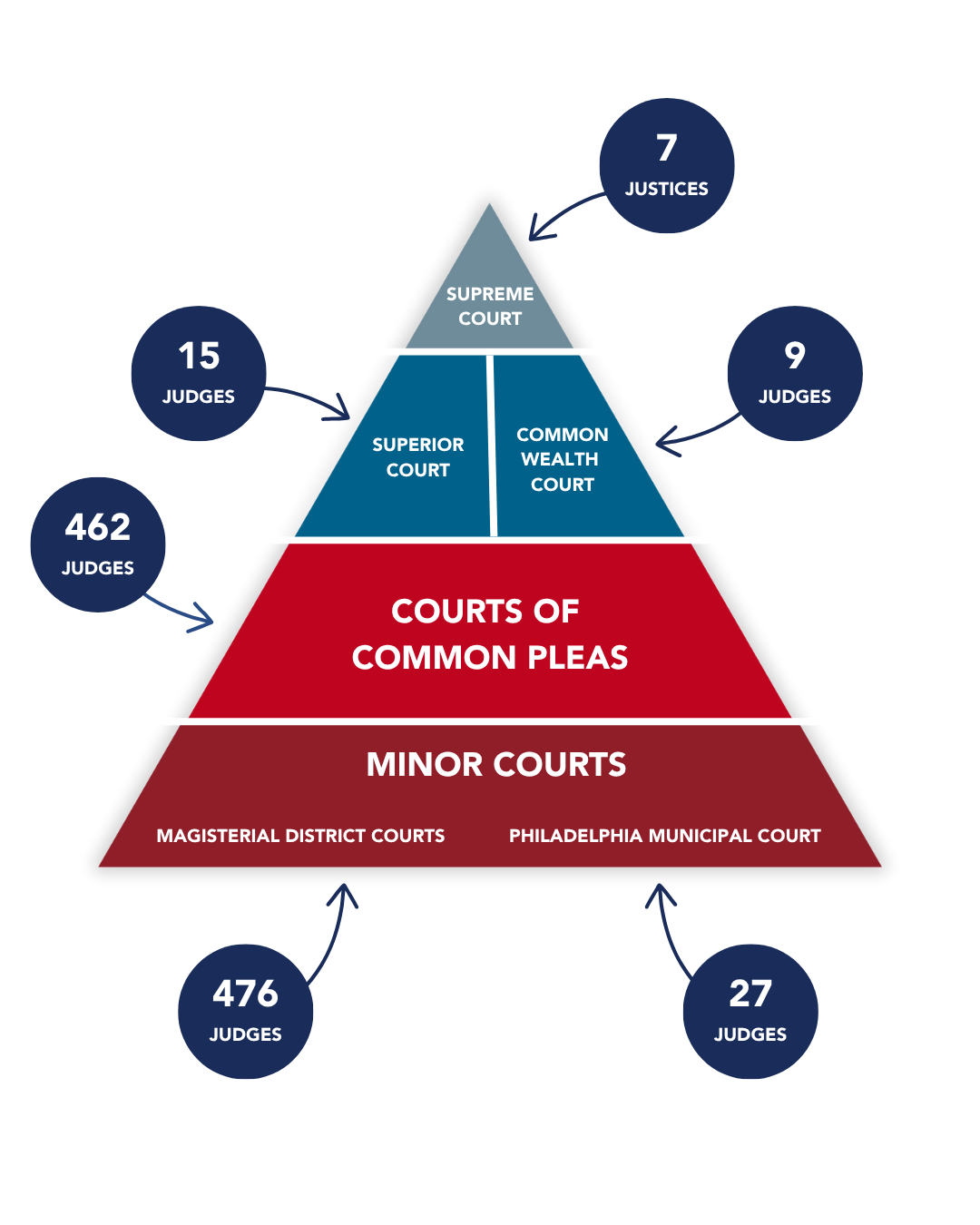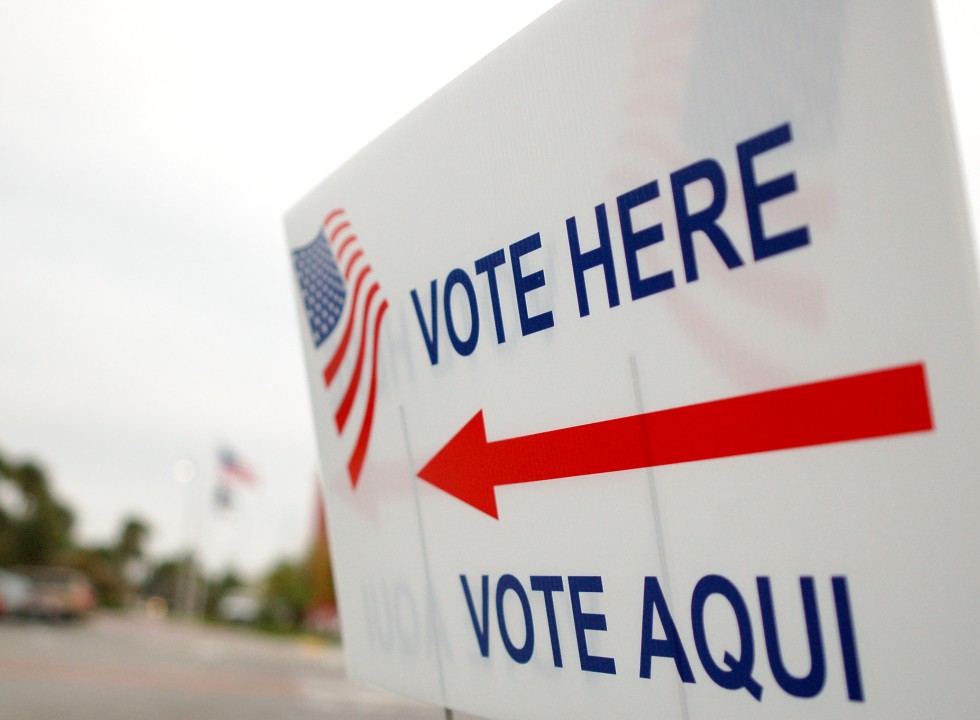
Appellate Courts
Pennsylvania Supreme Court
This is the highest court in the state and the oldest appeals court in the United States.
Seven judges work on this court. Their job is to make the final decision about what Pennsylvania's laws and Constitution mean. When they decide something, no other court in the state can change it. This court also runs and manages all the different courts in Pennsylvania.
See Court Profile
Superior Court
This is where most people and businesses go when they don’t agree with a lower court’s decision.
This is one of the busiest appeal courts in the whole country. The decisions this court makes are important because they affect how people live and work in Pennsylvania. For example, if this court makes a ruling about workplace safety, it can make all Pennsylvania workplaces safer for employees.
See Court Profile
Commonwealth Court
This court handles cases when people have problems with the state or local government.
This court is special—no other state has a court exactly like it. Most of the time, it looks at cases that other courts have already decided on. However, it sometimes acts like a regular trial court when someone sues the state government or when someone claims that a state law violates the Constitution. It also handles tax dispute cases.
See Court Profile
Minor Courts
Courts of Common Pleas
These courts are general trial courts.
The Courts of Common Pleas are the general trial courts of Pennsylvania. They handle civil cases involving more than $12,000, as well as serious criminal cases such as theft and assault. These courts also deal with family matters, including divorce, property distribution, and child custody. In addition, they can issue protection orders to help keep people safe from harm.
The Courts of Common Pleas also handle cases involving children, families, estates, and guardianships.
See Court Profile
Magisterial District Courts & Philadelphia Municipal Court
Also known as “the people’s court,” it is the first level of courts in the state.
These courts handle the first court appearances after someone is arrested. They set bail (the money a person pays to be released from jail while waiting for trial) and issue warrants that allow police to make arrests or search property.
They also issue emergency protection orders for people experiencing abuse, handle landlord-tenant disputes, and civil disputes involving amounts under $12,000.
See Court Profile


